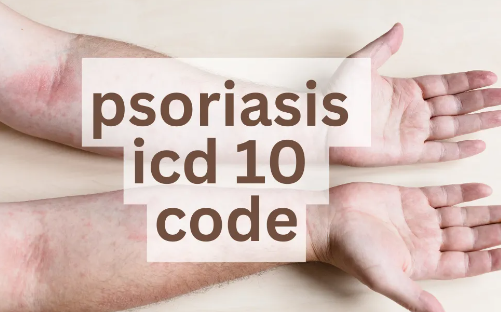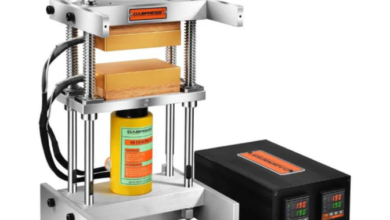Icd 10 Code for Arthritis

Arthritis, a group of musculoskeletal disorders characterized by joint inflammation, affects millions worldwide, causing pain and reduced mobility.
In the realm of medical coding, the International Classification of Diseases, 10th Revision (ICD-10) provides specific codes for different types of arthritis to facilitate accurate diagnosis and billing procedures.
Understanding the ICD-10 codes for arthritis is essential for healthcare professionals to document patient conditions effectively and ensure appropriate treatment plans.
This structured coding system offers freedom in accurately identifying and categorizing various forms of arthritis, such as rheumatoid arthritis, osteoarthritis, gout, and others, enabling precise communication among healthcare providers and promoting optimal patient care.
Common Types of Arthritis Codes
Within the realm of medical coding, common types of arthritis are classified using specific ICD-10 codes. Arthritis diagnosis challenges often stem from the varying presentations of different types, such as rheumatoid arthritis (M05.9) or osteoarthritis (M15.9).
Treatment options for arthritis, including medications, physical therapy, and surgery, depend on the specific type diagnosed, emphasizing the importance of accurate coding for effective patient care and management.
Coding for Rheumatoid Arthritis
Coding for Rheumatoid Arthritis requires meticulous attention to detail due to the complex nature of this autoimmune disease. Diagnostic criteria involve assessing symptoms like joint pain, swelling, and stiffness. Treatment options include medications to manage inflammation, physical therapy, and lifestyle modifications.
Proper coding ensures accurate documentation of the disease for effective treatment planning and monitoring. Understanding the nuances of coding for Rheumatoid Arthritis is crucial for proper healthcare management. Read more
Osteoarthritis ICD-10 Codes
When coding for Osteoarthritis in the ICD-10 system, attention to specific diagnostic criteria is essential to accurately document this degenerative joint disease.
For Knee osteoarthritis codes, consider using M17.1 for primary osteoarthritis.
For Hip arthritis coding, look at M16.1 for unilateral primary osteoarthritis of the hip.
Proper coding ensures precise communication of the patient’s condition for effective treatment and management.
Gout and Other Arthritis Codes
Transitioning from the topic of Osteoarthritis ICD-10 codes, the classification for Gout and Other Arthritis in the ICD-10 system requires attention to specific diagnostic codes for accurate documentation of these diverse inflammatory joint conditions.
Managing gout flares involves medications like NSAIDs and corticosteroids, while dietary recommendations for gout include limiting purine-rich foods such as organ meats and certain seafood, and increasing water intake to help reduce uric acid levels.
Conclusion
In conclusion, proper coding for arthritis is essential for accurate billing and patient care. Rheumatoid arthritis is coded as M05.9, while osteoarthritis has specific codes based on the affected joint.
Gout is coded as M10.9, and other types of arthritis have their own unique codes. According to the CDC, arthritis affects over 54 million adults in the United States, highlighting the importance of correct coding for this common condition.




